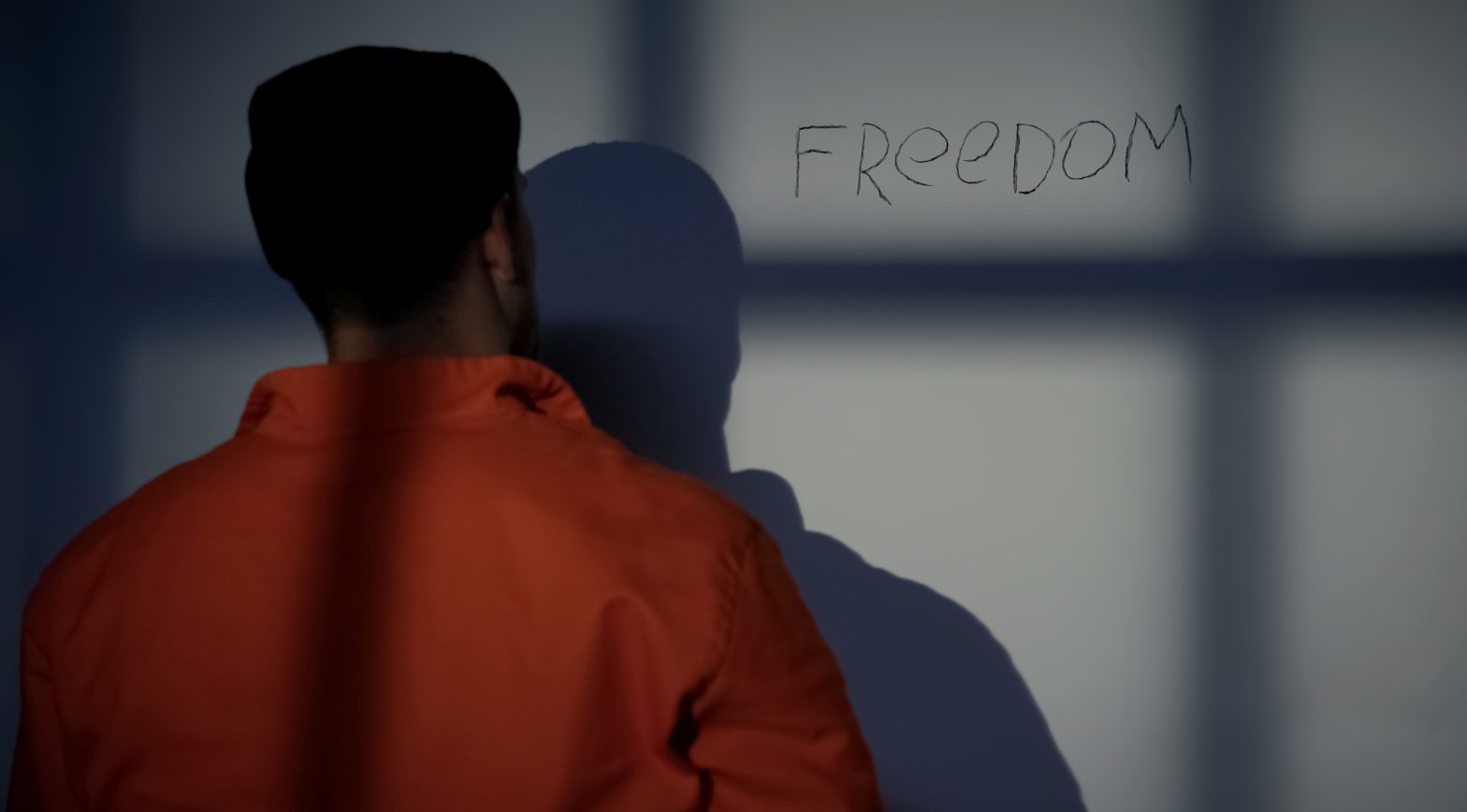Attorneys from the Great North Innocence Project, a significant player in Minnesota’s recently established Conviction Review Unit, represented Marvin Haynes, 36. Having served almost twenty years in a Minnesota prison for a murder he was wrongly convicted of in 2004, Haynes has become the focus of national headlines. His life sentence was overturned, marking his exit from the Stillwater facility.
The Conviction Review Unit was initiated in response to the unsettling notion that an innocent person could be incarcerated in a Minnesota prison. The Great North Innocence Project secured grants from the Department of Justice in 2020 to launch the unit.
James Mayer of the Great North Innocence Project noted the uniqueness of Minnesota’s statewide conviction review unit, housed within the attorney general’s office. Since its inception, the unit has received over 1,000 applications, representing more than one-tenth of the state’s prison population.
To be considered, applicants must assert their innocence and still be imprisoned in Minnesota, often having exhausted the appeals process. Attorney General Keith Ellison emphasized the importance of trust and integrity in the justice system, acknowledging that while wrongful convictions are rare, they do occur.
Mayer outlined red flags and patterns the unit looks for during reviews, such as heavy reliance on eyewitness identification or jailhouse informants. Changes in forensic science, like advancements in arson science, have prompted a reevaluation of past understandings.
In addition, Mayer said that hundreds of applications had been reviewed and closed. In the earlier part of the year, Thomas Rhodes, a client of Mayer, was released from prison after the conviction review unit determined that he had been wrongfully convicted of the 1998 murder of his wife.
According to Ellison, they reexamined Rhodes’s case and concluded that he was not guilty of murder but was criminally negligent. Instead, he admitted guilt to second-degree manslaughter and was subsequently released, having already completed the sentence for that offense.
Both Ellison and Mayer mention that they believe this work can be painful for victims or their families. They additionally point out that there are victim’s rights advocates on the Conviction Review Unit and that families are notified throughout the process.
Mayer said that victims find this emotionally difficult.
However, both agree that the work’s ultimate goal is to restore our confidence in the legal system by rectifying an uncommon but potentially wrongful conviction, such as Haynes’s, whose case was technically not handled by a Conviction Review Unit but followed similar principles.
The state has determined that it wants to be allowed to reexamine a case if it contains substantial new evidence.
The unit is in the process of growing. While its current funding is set to last for only a few more years, they will need to persist in lobbying and fundraising efforts to sustain their work.
An advisory board composed of a diverse range of individuals, including those from rural and urban areas, prosecutors, civil rights leaders, defenders, and representatives of all genders and races, is in place.
Source: https://www.cbsnews.com/minnesota/news/more-than-1-in-10-prison-inmates-have-applied-to-minnesotas-new-conviction-review-unit/
